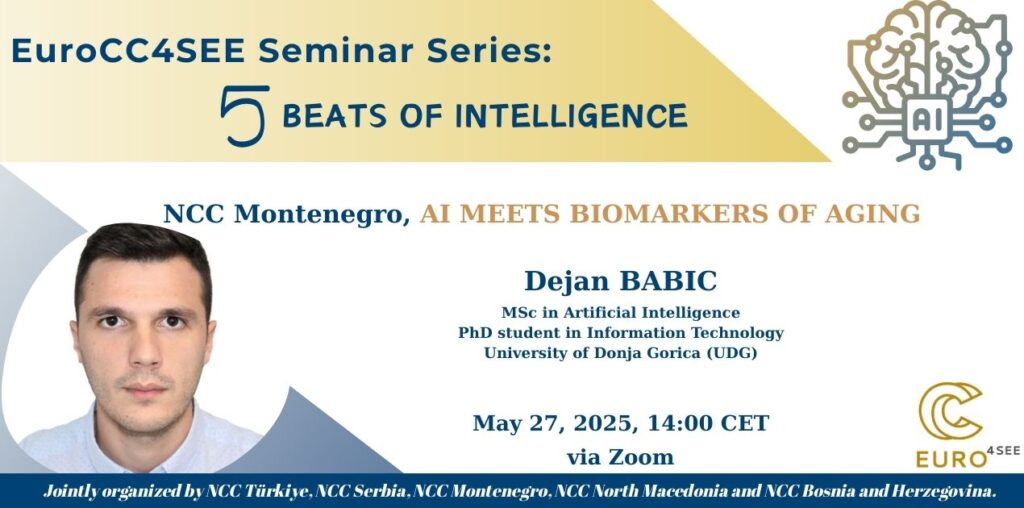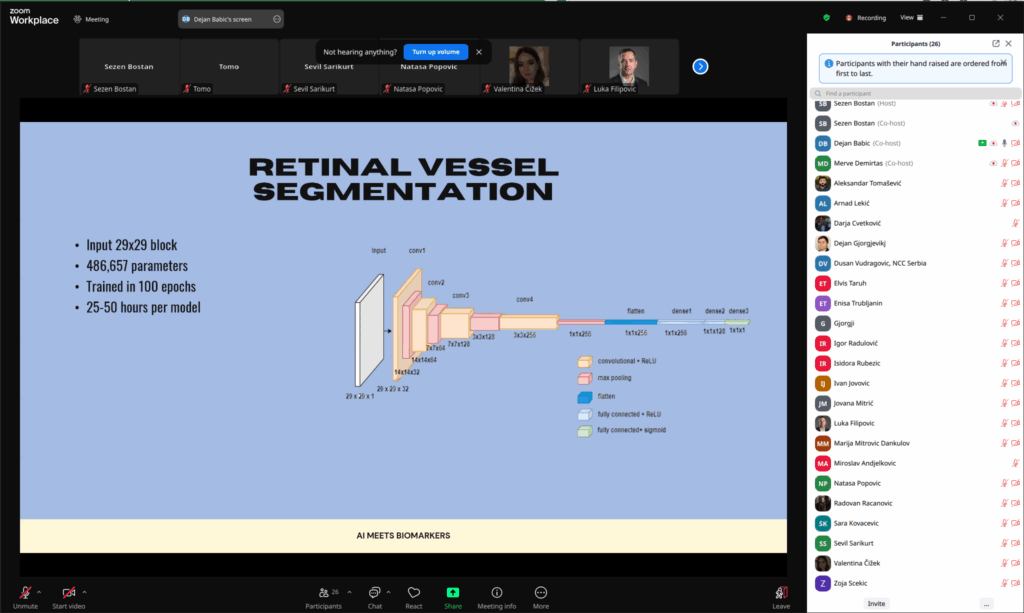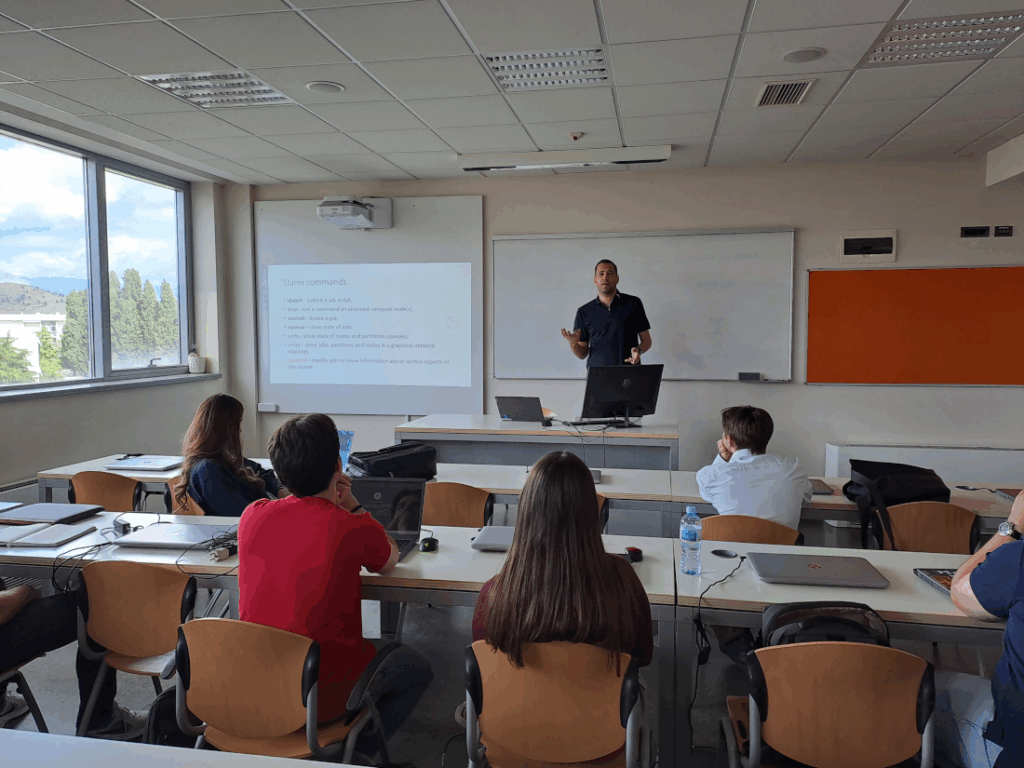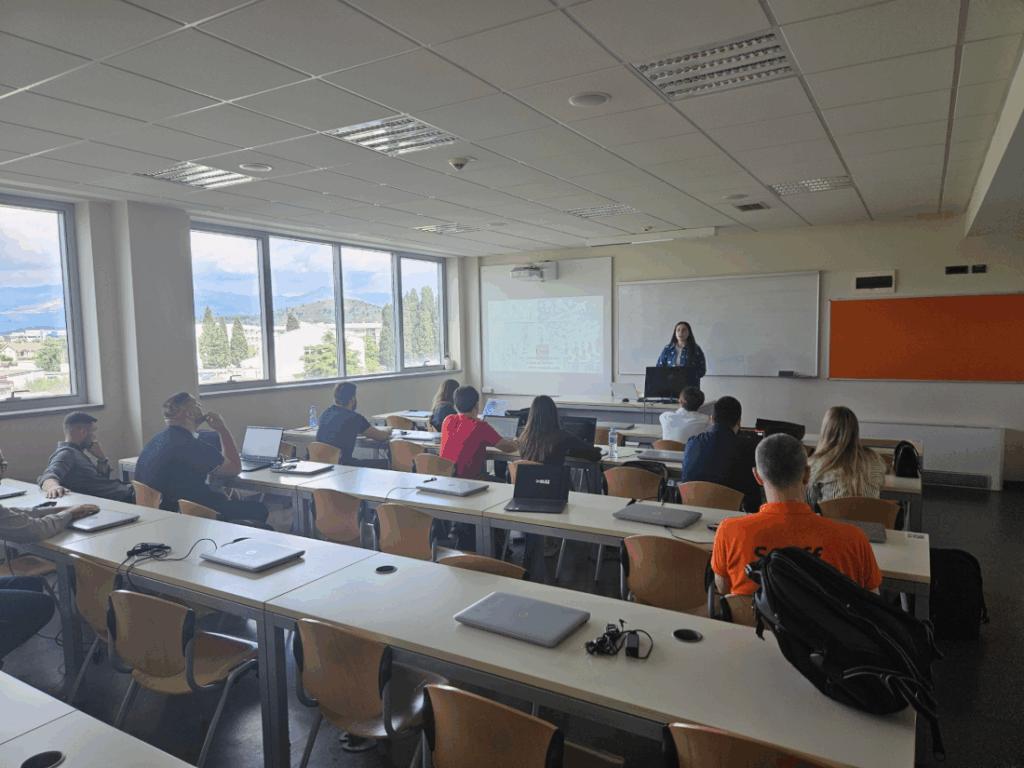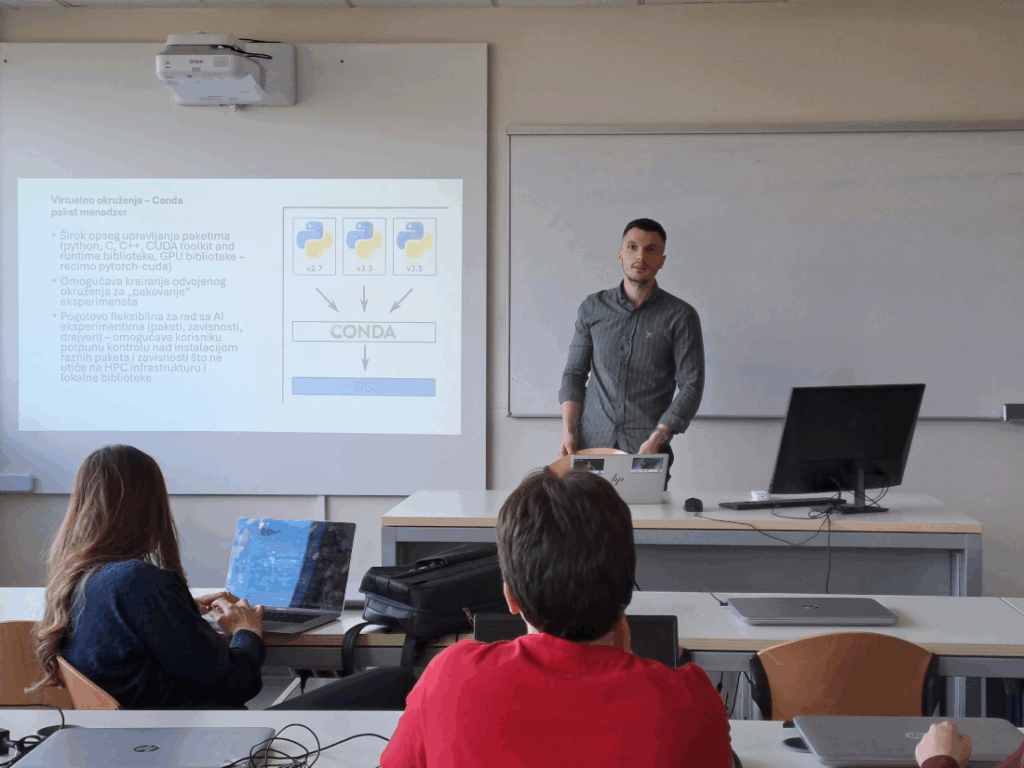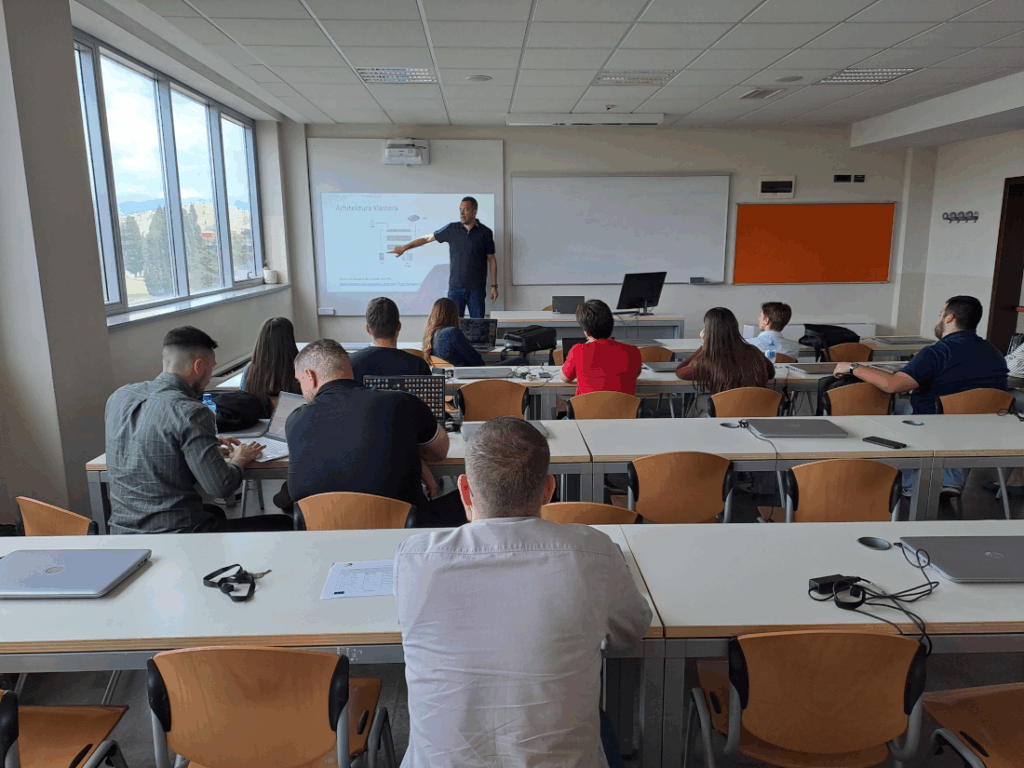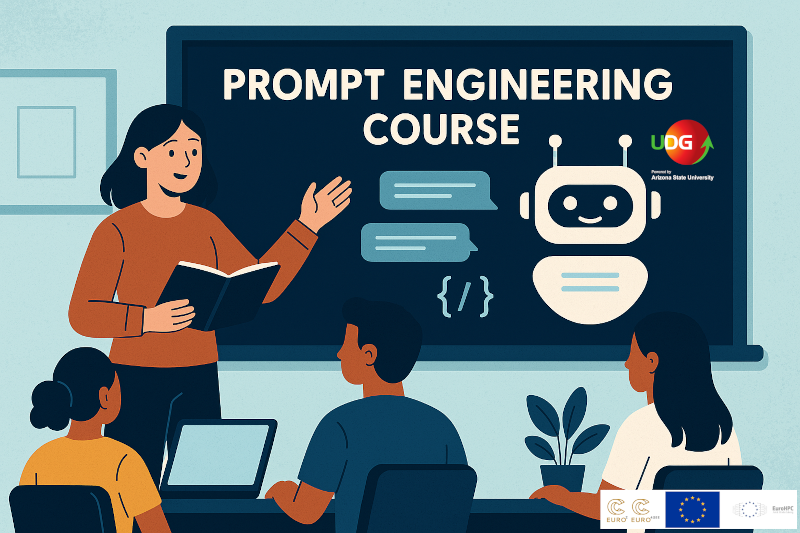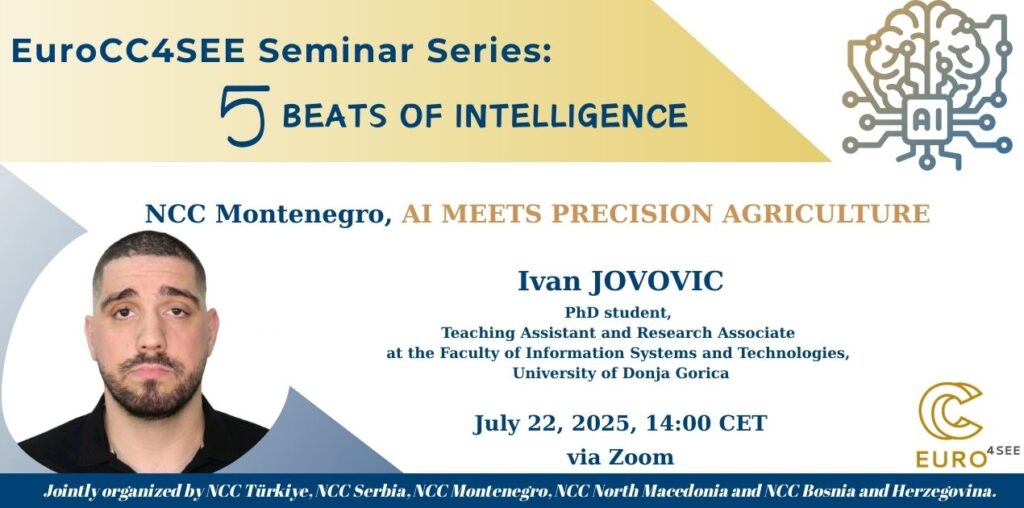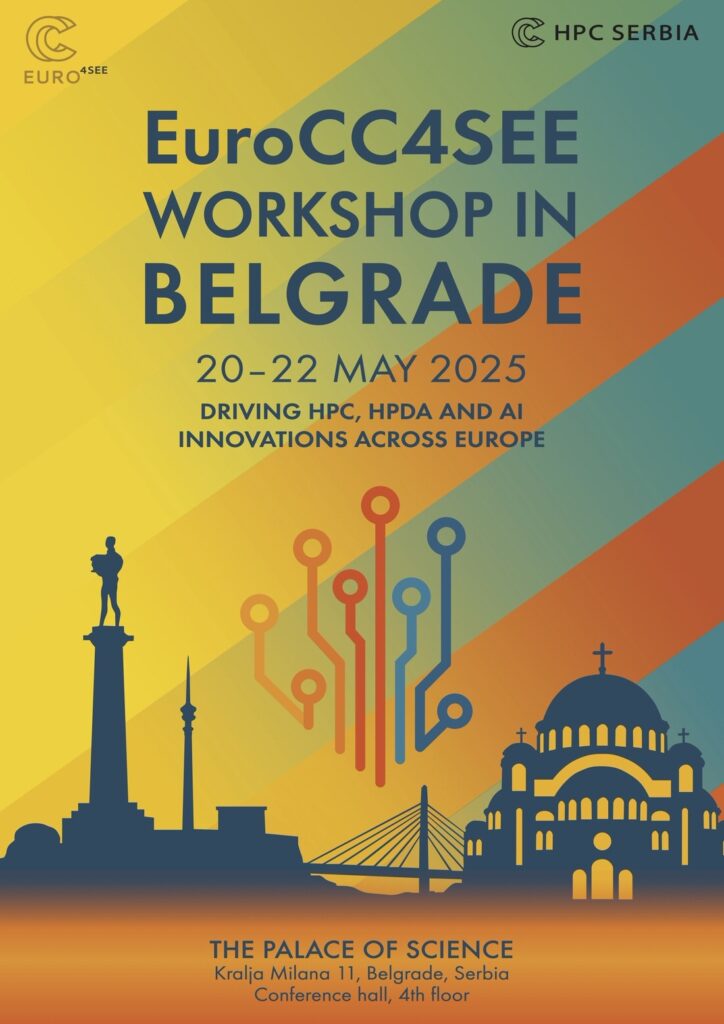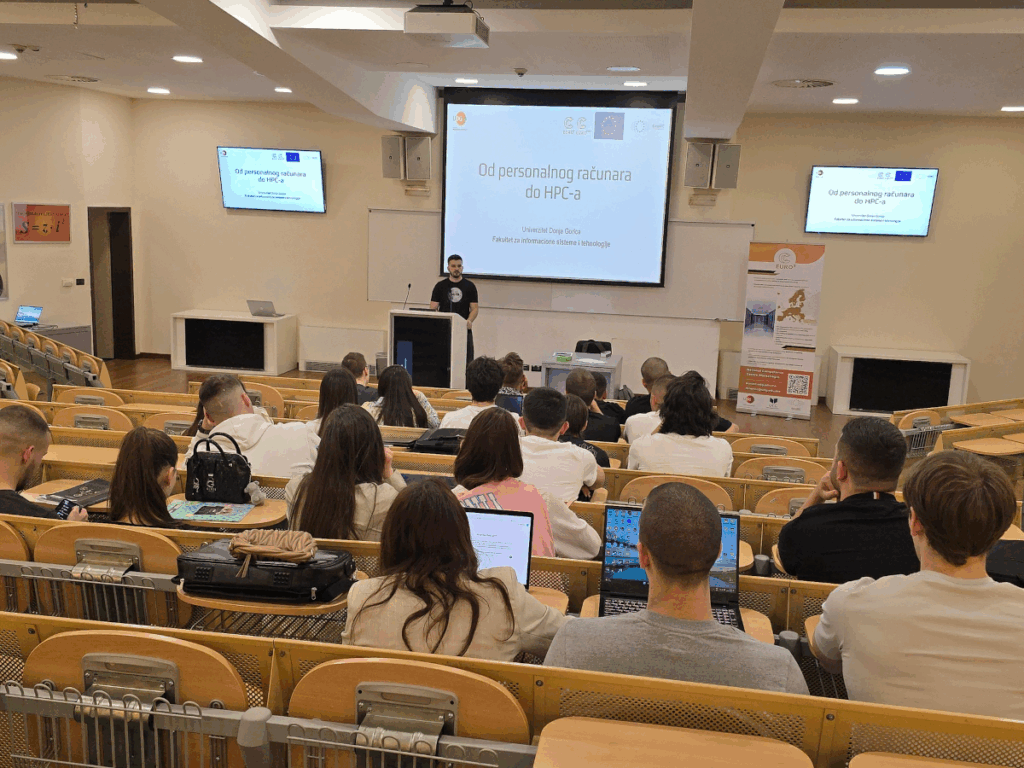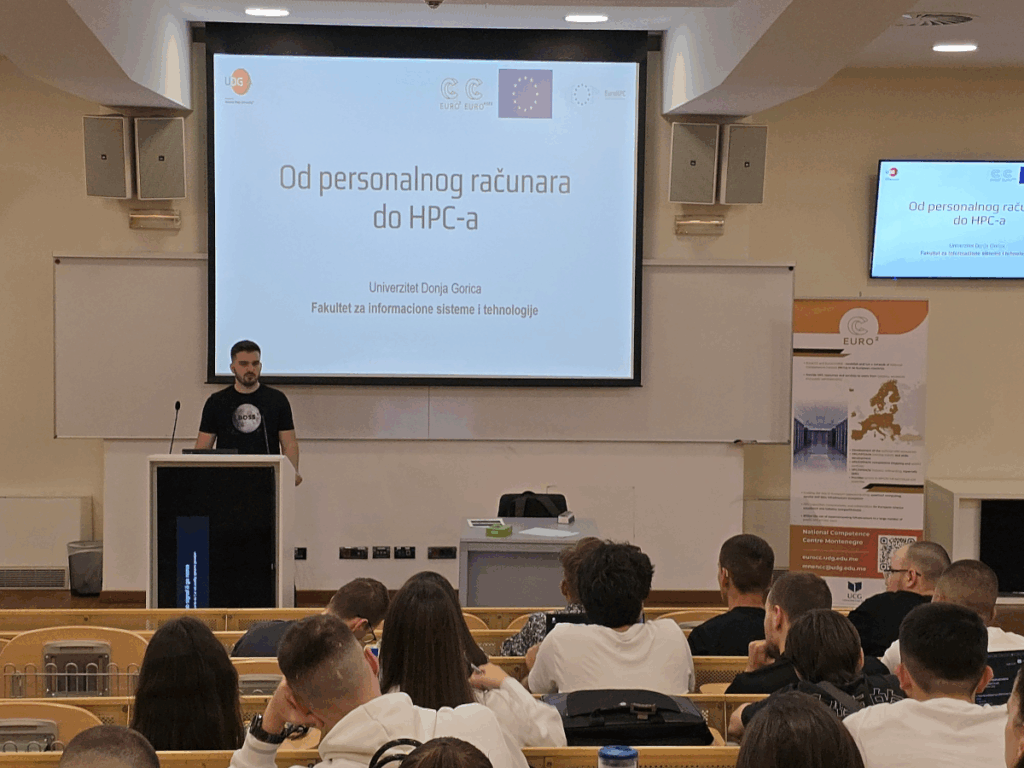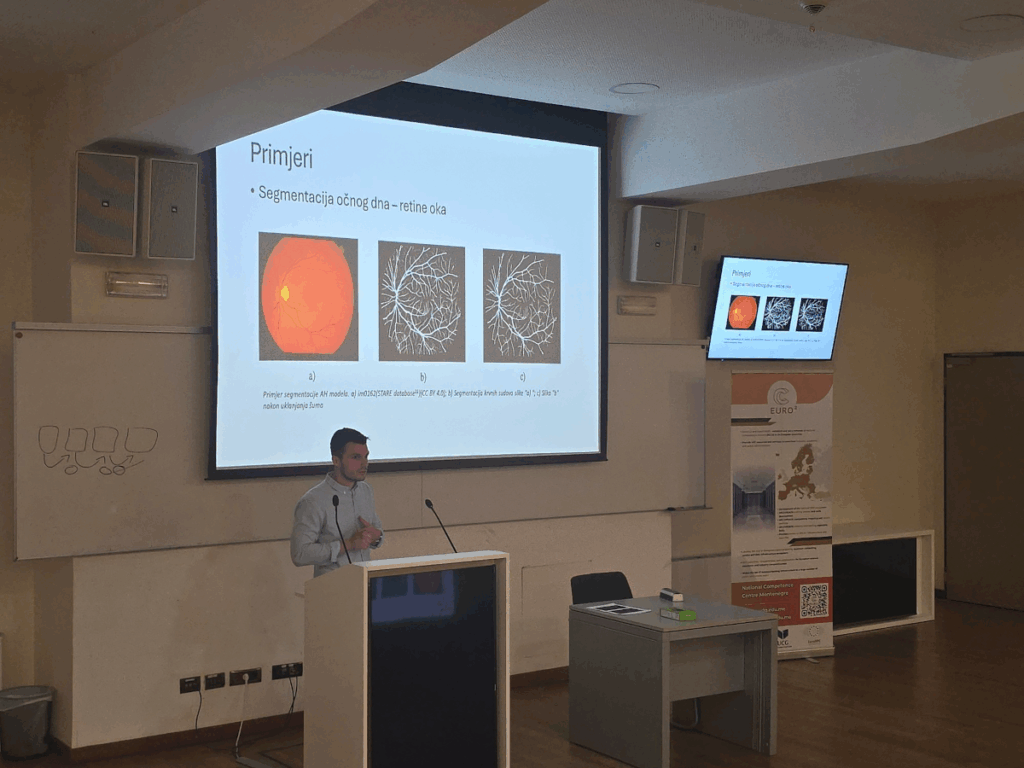Together with NVIDIA and OpenACC organization, EuroCC2 will host a virtual Profiling AI Software Bootcamp on July 9-10, 2025.
The Profiling AI Software Bootcamp covers the process and tools needed to profile AI and machine learning applications to fully utilize high-performance systems. Attendees will learn to profile applications using NVIDIA Nsight™ Systems, a system-wide performance analysis tool; analyze and identify optimization opportunities; and improve performance of applications to scale efficiently across systems of any quantity or size of CPUs and GPUs. Additionally, this bootcamp will walk through the system topology to learn the dynamics of multi-GPU and multi-node connections and architecture.
People who complete the bootcamp are encouraged to apply to participate in the upcoming EuroCC AI Hackathon, which will be open for applications shortly.
Due to EuroCC2 regulations, generic or private email addresses cannot be accepted. Please use your official university or company email address to prove your affiliation when applying.
Application Deadline: 16th June 2025
Prerequisites: Basic experience with Python programming and PyTorch distributed training.
Event format: This bootcamp will be hosted online in Central European Summer Time (CEST). All communication will be through Zoom, Slack and email.
Compute Resources: Attendees will be given access to a GPU cluster for the duration of the bootcamp.
More info, registration and agenda are available at https://www.openhackathons.org/s/siteevent/a0CUP00001YljuY2AR/se000402
